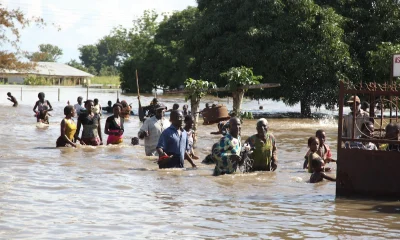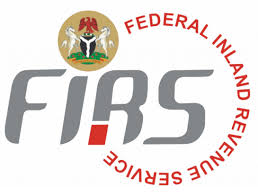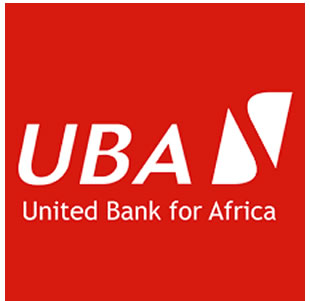Abuja Reports
FIRS Moves To Enforce Tax Payment For Social Media Content Creators, Influencers

Abuja Reports
Tinubu Committed to Transforming Abuja into World-Class City -Wike
Abuja Reports
African Lawmakers Meet in Abuja, Raise Alarm Over $587bn Fiscal Leakages
Abuja Reports
Tinubu Approves 600-Bed Hostels for Abuja Law School
-

 News23 hours ago
News23 hours agoFloods Paralyze Lagos, Leave Motorists, Businesses Stranded
-

 Crime23 hours ago
Crime23 hours agoPolice Declare Okoro Prince Nkemakolam Wanted Over Attempted Murder
-

 Abuja Reports16 hours ago
Abuja Reports16 hours agoTinubu Committed to Transforming Abuja into World-Class City -Wike
-

 News23 hours ago
News23 hours agoKeyamo Seeks African Support for Nigeria’s Re-Election into ICAO Council
-

 Entertainment23 hours ago
Entertainment23 hours agoRudeboy Threatens Legal Action Over Social Media Allegation
-

 Crime23 hours ago
Crime23 hours agoFBI Offers $10,000 Reward for Nigerian Wanted in U.S. Bank Fraud Case
-

 Insecurity15 hours ago
Insecurity15 hours agoDHQ: 147 Terrorists Arrested, 39 Kidnap Victims Rescued






















